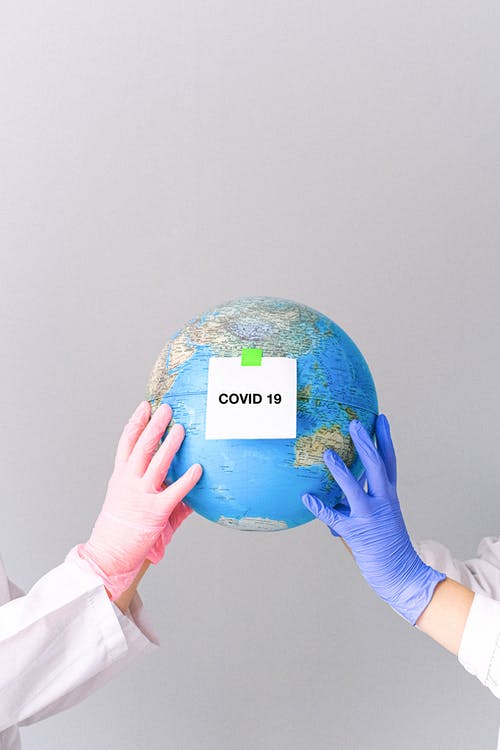COVID-19 is a dangerous disease. And measures have been taken to fight the pandemic, like quarantines and physical distancing, are harming our overall health and wellbeing due to excessive mental stress. Drastic changes to lifestyle caused by restrictive measures adapted to fight the pandemic can adversely affect our wellbeing as many people have already experienced. During this challenging time, it is vital to protect your mental health so that you can stand beside your family members and friends to support them, and to help others fight the pandemic’s effects, says Brian C Jensen. It is only natural to feel stressed due to unprecedented personal and professional challenges. It is more important to learn how to cope with it effectively and reduce its impact in our lives.
Look after your body – first piece of advice from Brian C Jensen
Maintaining good physical health will help you maintain the strength to overcome any stressful situation. Start your day by choosing exercises that you can do within small spaces and without many resources. Follow a routine is essential. Exercising as little as 15-20 minutes every day is good enough to stay healthy. Remember that simple practices can make a big difference. Even playing with your kids, gardening, or walking can help a lot. Eat nutritious food by following a healthy and balanced diet focusing on fruits and vegetables. Besides protein and carbs, avoid unsaturated fats and simple sugars in canned or processed foods. Have some rest during the day and sound sleep at night to refresh you every morning as you prepare to adjust to a new day.
Stay away from unhelpful coping strategies
Sometimes people look for short cuts to cope with mounting stress and prefer an easy remedy even if it is temporary. The lure of quick stress relief can drive people towards coping strategies that can cause more harm than good. Avoid the dangerous habit of falling back on alcohol, tobacco, or other recreational drugs that creates an illusion of stress relief but causes severe mental health damage that can have far-reaching effects as well as harm your future. Also, avoid or limit caffeine intake, which can only increase stress.
Connect with people
You are not the only victim of unusual circumstances, and isolating yourself completely can only aggravate your mental stress. A better way to cope with mental distress is to stay connected with people on the social and professional levels. It will help eradicate your loneliness and allow you to share your thoughts and feelings with others who could empathize with you and give you some comfort and courage to deal with this situation with more positivity.
Reaching out to your trusted people is one of the best ways to take care of your mental health and generate a feeling that you are not fighting this battle alone, but many others, like you, are in the same boat.


